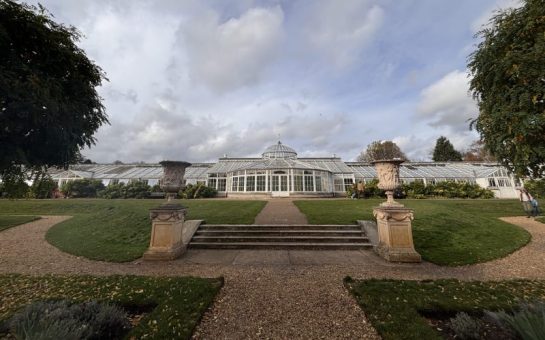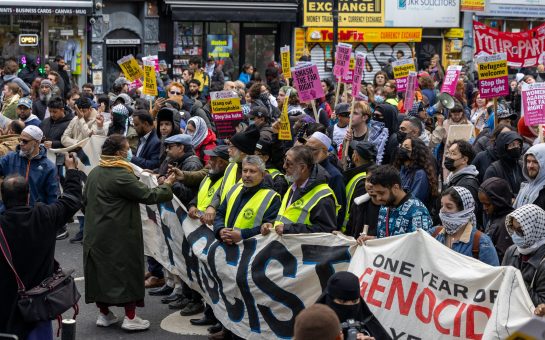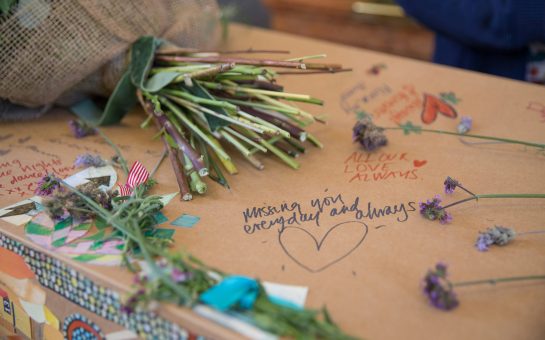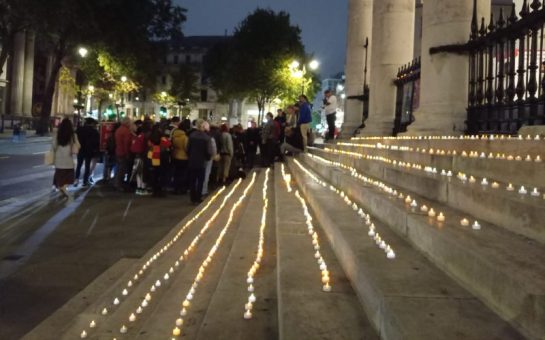The coronavirus has changed the way everyone has lived life throughout the past year, but it’s had a particularly difficult impact on how families are dealing with rites after their loved ones have passed.
Whether it be funerals or memorials held in memory of those who have passed or simply as a rite of passing that helped closure.
Many Muslims have not been able to conduct many of the rites that are so normal.
The rules are as such: there are to be no more than 30 people at funerals and when someone has passed due to coronavirus then there is to be no washing of the body or shrouding, which is a fundamental part of a Muslim funeral.
The washing of the body is usually done by family members of the same sex, and includes washing the body and dressing the body ready for the funeral.
The restrictions extend to seeing the face for the last time and even putting soil in the grave once the coffin has been lowered.
The viewing of the face, whilst not observed by many from non-Muslim backgrounds, is one of the main parts of the Muslim funeral.
As General Secretary of Hounslow General Mosque and Islamic Centre, Shafiq Rehman explained: “There’s no such thing as an average funeral anymore, each individual funeral is planned differently.
“There’s now a risk assessment surrounding volunteers at the mosque and the people who will be attending the funeral.
“Families are naturally distressed because that’s not the way they want to send their loved ones off.
“Death on its own provides a very difficult time, and when you don’t have the opportunity to send them off in a dignified way and everyone is present, it’s very hard.
“When you’re having funerals in the graveyard with only 10 to 12 people, and you think of Asian families then those numbers are nothing.”

Rehman detailed the fact that the mosque’s services were being extended to their limits.
Where some families understood why these restrictions were in place for safety, others didn’t and couldn’t wrap their heads around why such important funeral rites couldn’t go ahead.
He added: “Families couldn’t and still cannot grieve properly. The grieving process halted for them.
“The Muslim counselling service has become the busiest it’s ever been, people just couldn’t come to terms with it.
“People didn’t know how to get over these incidents, so our Imams been very busy trying to help those people.”
Religious rites of passage include the funeral, the 40th anniversary after the passing and friends, family and acquaintances giving condolences in person when someone has died.
Whilst the funeral is arguably the most important, the other rites are included in the mourning period and for some help the stages of grief that families have to go through.
The 40th day after the death is used for prayers, usually family members, friends and members of the Muslim community belonging to the same mosque will join together in prayer.
However, with the coronavirus pandemic causing a nationwide lockdown these rites were not allowed to happen.
Naveed Khan, 40, detailed how his father’s 40th anniversary was done virtually over Zoom.
The IT developer said: “The Imam did the dua (led the prayer), we got the family members and friends who wanted to come and even our international family from Kenya and Pakistan.
“Everyone got involved and everyone came into the Zoom meeting, for about an hour or so. It really went well, a lot of the family members who were in lockdown got to be there too.”
Although the unconventional setting wasn’t a welcome idea it meant that family members from Pakistan and Kenya who wouldn’t have been able to attend otherwise were able to join the meeting.
Those family members who were locked down in other parts of the UK were also allowed to come together and offer a small source of comfort during a time of hardship.
The pandemic has taken some essential moments from many families in the UK and beyond, and many families from different religions will have had to adapt in the wake of these restrictions.
One thing that can be agreed on is that funeral rites are another difficulty that grieving loved ones have to deal with during the coronavirus pandemic.
With little to no closure during ceremonies, the grieving process is made significantly more painful.
Featured image credit: Nazir Hussain




